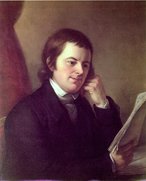 Thomas Johnson, Jr. (1732-1819) Thomas Johnson, Jr. (1732-1819) You won’t find a gravestone or monument. No interpretive wayside panel or mention in a brochure. Not even a portrait or likeness can be found. Regardless, Mount Olivet is the final resting place for a gentleman who personally knew several of our founding fathers and early US presidents. As a matter of fact, he was even a father-in-law to one of them. Joshua Johnson was born on June 25, 1742 at his father’s plantation located on St. Leonard’s Creek and the Patuxent River in southwestern Calvert County (Maryland). His parents were Dorcas and Thomas Johnson, Sr., the latter a name that may sound a little familiar to Frederick residents. Joshua was one of 10 children, half of which are buried in Mount Olivet. His brother, Thomas Johnson, Jr., holds the distinction of not only having a local high school named after him, but was Maryland’s first elected governor. A member of the Continental Congress, Thomas Johnson, Jr. should have been a signer of the Declaration of Independence, however he was back home in Maryland raising troops and supplies for the war effort, or so the story goes. Joshua’s elder brother did plenty of great stuff and boasts a pretty impressive resume that also includes starting the Catoctin Iron Furnace, supervising the building of the Hessian Barracks, leading Maryland troops into battle during the Revolutionary War, laying out Washington, DC, and serving as one of the country’s first Supreme Court justices. 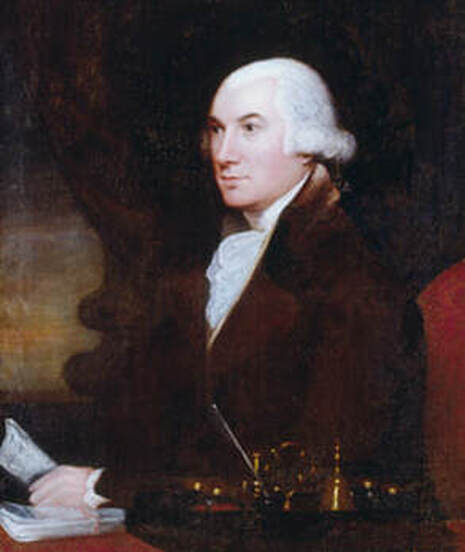 Joshua Johnson Joshua Johnson Joshua Johnson was certainly no slouch himself. By the age of 25, he had firmly established himself as one of the leading merchants of Annapolis. Four years later, he entered into a partnership with two other men to establish Wallace, Davidson and Johnson, the first American tobacco firm to operate independently of British middlemen. He would also play a role in expanding the tobacco trade to France, in turn, marketing French goods to the colonies in the waning years of the American Revolution. Joshua Johnson had gone to London in 1771. While there, he met Catherine Nuth and apparently married the teenage Englishwoman in 1772. Or at least we think so, as existing documentation shows that the two did not officially marry until 1785. Whatever the case, Johnson and his young bride were blessed with a daughter named Anne in January, 1773—the first of nine children. Another daughter named Louisa Catherine would be born two years later in February, 1775. After the birth of a third child, named Carolina Virginia Maryland, Joshua felt it was in his family’s best interest to leave Great Britain. It was 1778, and the three namesakes for his recently-born daughter, along with ten other American colonies, were entrenched in war against the mother country. The Johnsons went to France, and would make their home in the port city of Nantes. 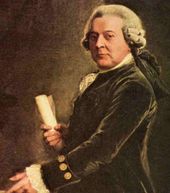 John Adams John Adams While here, the Johnsons lived quite well. They entertained many Americans, including leading merchants, expatriates, allies and diplomats. One such guest to visit the Johnson household was the famed John Adams of Massachusetts. Adams had served on the Continental Congress with Joshua’s brother, Thomas. As a diplomat in Europe, he would help negotiate the eventual peace treaty with Great Britain and acquired vital governmental loans from bankers in Amsterdam (Holland). Adams was accompanied on his European journey by his son, then-twelve year old John Quincy. This was the first encounter between children who would be future “man and wife,” as John Quincy Adams would marry Joshua’s daughter Louisa. 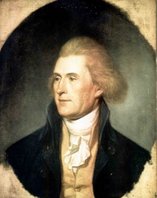 Thomas Jefferson Thomas Jefferson Following the American Revolution, Joshua Johnson and his family went back to London, where he again took up the merchant profession. As the colonies would further evolve into the United States under the guidance of the Constitution, Johnson would receive an important correspondence written in late summer, 1790. It came from his home country’s first Secretary of State, Thomas Jefferson, writing on behalf of George Washington from the new nation’s capital of New York: August 7th, 1790 Sir, The President of the United States, desirous of availing his country of the talents of it’s best citizens in their respective lines, has thought proper to nominate you Consul for the U.S. at the port of London. The extent of our commercial and political connections with that country marks the importance of the trust he confides to you, and the more as we have no diplomatic character at that court. I shall say more to you in a future letter on the extent of the Consular functions, which are in general to be confined to the superintendance and patronage of commerce, and navigation; but in your position we must desire somewhat more. Political intelligence from that country is interesting to us in a high degree. We must therefore ask you to furnish us with this as far as you shall be able; to send us moreover the gazette of the court, Woodfall’s parliamentary paper, Debrett’s parliamentary register: to serve sometimes as a center for our correspondencies [with] other parts of Europe, by receiving and forwarding letters sent to your care. It is desireable that we be annually informed of the extent to which the British fisheries are carried on within each year, stating the number and tonnage of the vessels and the number of men employed in the respective fisheries: to-wit the Northern, and Southern whale fisheries, and the Cod-fishery. I have as yet no statement of them for the year 1789. With which therefore I will thank you to begin.—While the press of seamen continues, our seamen in ports nearer to you than to Liverpool (where Mr. Maury is Consul) will need your protection. The liberation of those impressed should be desired of the proper authority, with due firmness, yet always in temperate and respectful terms, in which way indeed all applications to government should be made. The public papers herein desired may come regularly once a month by the British packet, and intermediately by any vessels bound directly either to Philadelphia or New York. All expences incurred for papers, and postages shall be paid at such intervals as you chuse either here on your order, or by bill on London whenever you transmit to me an account. There was a bill brought into the legislature for the establishment of some regulations in the Consular offices: but it is postponed to the next session. That bill proposed some particular fees for particular services. They were however so small as to be no object. As there will be little or no legal emolument annexed to the office of Consul, it is of course not expected that it shall render any expence incumbent on him. I have the honor to be with great esteem, Sir Your most obedient & most humble servant, Thomas Jefferson [Original source: The Papers of Thomas Jefferson, vol. 17, 6 July–3 November 1790, ed. Julian P. Boyd. Princeton: Princeton University Press, 1965, pp. 119–120.] Joshua Johnson would hold the post of US consul to London from 1790-1797. Life seemed to be very good to Joshua until 1796. It was at this time that he would experience a series of professional and personal “ups and downs.” His daughter Louisa had become recently re-acquainted with an old family friend—John Quincy Adams. The son of John Adams, current sitting vice-president under George Washington, John Quincy was serving as a US diplomat to the Netherlands, often going back and forth between the Hague (Netherlands) and Great Britain. He proposed to Louisa and the couple duly married in London in July, 1797. Though John Quincy Adams wanted to return to private life back home in Massachusetts at the end of his appointment, President Washington had made him minister to Portugal in 1796, where he was soon appointed to the Berlin Legation. Though his talents were far greater than his desire to serve, he was finally convinced to remain in public service when he learned how highly Washington thought of his abilities. Washington called Adams "the most valuable of America's officials abroad.” 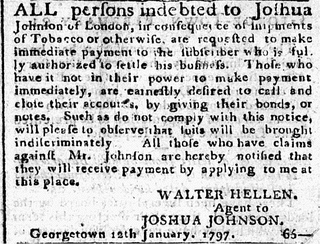 February 21, 1797 ad in the Sentinel of Liberty (Georgetown, District of Columbia) February 21, 1797 ad in the Sentinel of Liberty (Georgetown, District of Columbia) On the eve of his daughter’s marriage, Joshua Johnson’s business failed. He had lost a large East India Company trading ship at sea, plunging him into financial disaster. The proud Marylander found himself in the embarrassing situation of owing heavy debts, not to mention not having the ability to provide the dowry promised his new son-in -law, a rising star on the world stage. Add to this the fact that his daughter’s new father-in-law won the US presidential election of 1796, and would become the country’s second president in 1797. While the Adams family may have found it necessary to work to improve Joshua’s image, daughter Louisa adored her father and was proud of him. Amanda Mathews Norton of the Massachusetts Historical Society wrote: “Louisa entered marriage with the anxiety and shame that her husband and others would think that she and her father had conned John Quincy into marrying her with false promises; it was a sensitivity that never went away. But for Louisa, her father had been entirely blameless, and this belief she also carried throughout her life. Fortune was unkind. His partners had cheated him.” 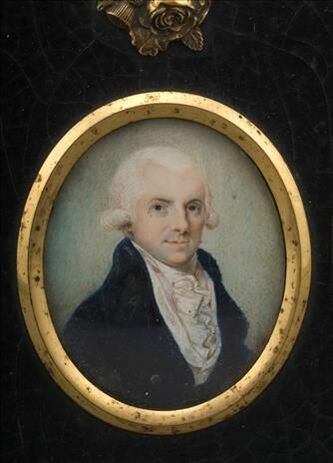 Joshua Johnson (a miniature from the NPS' Adams collection) Joshua Johnson (a miniature from the NPS' Adams collection) The best option for Joshua Johnson at this time was to resign his post as consul and return to his native home. He moved to Georgetown within the confines of the District of Columbia, the new national capital. He had the support of his brother Thomas and others from nearby Maryland, along with his new family thanks to daughter Louisa. President John Adams appointed Joshua Superintendent of Stamps, the overseer of the US General Stamp Office. Some citizens and politicians saw this as a form of nepotism, harboring distrust and dislike of Johnson who they thought had taken the easy way out during the American Revolution. After all, Joshua had made a fortune trading with the enemy (Great Britain), married an English woman and lived the high-life in Europe while others put their lives, and fortunes, on the line during the “great revolution.” He seems to have had an awkward relationship with Thomas Jefferson, the man who wrote to offer him the US consul position a decade earlier. In 1800, it was Jefferson, then sitting Vice President, who cast the deciding vote in Congress to break a tie vote, thus renewing Johnson’s appointment as Superintendent of Stamps. One year later, Jefferson would hastily dismiss Johnson of this position. Some claim that this fall-out-of-favor was the catalyst for Johnson’s severe depression and subsequent death the following year at the age of 60. Suffering from a severe fever, Joshua Johnson died on April 17th, 1802 while here in Frederick. 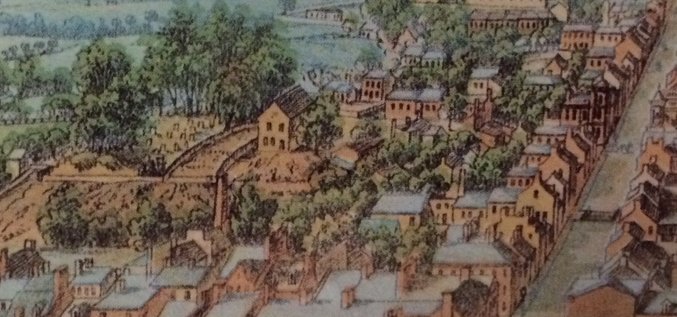 Birdseye view south of the Old All Saint's Church burying ground as it appears to the left of this inset from the Sachse 1854 lithograph image of Frederick. The Johnson crypt was said to have been on the eastern (left) side of the colonial era cemetery once located near the present site of the Carroll Creek amphitheater. (Note Market Street on right side of image.) Joshua Johnson would be laid to rest in the burying ground of All Saints Episcopal Church, adjacent Carroll Creek and East All Saints Street. In 1913, the Vestry of All Saints Church would reinter bodies from this cemetery to Mount Olivet Cemetery. The co-mingled contents of the larger Johnson family crypt would be buried within a vault that now lies in the cemetery’s Area MM, under the large memorial monument placed to honor Thomas Johnson, Jr. Unfortunately, Joshua’s sudden passing left little provisions for his family. His wife Catherine died in her mid-fifties, less than a decade later in 1811. She is buried in Rock Creek Cemetery, located in northwest Washington, DC. Joshua would not have the chance to witness his daughter Louisa faithfully assist husband John Quincy in the decades following his death. Back in America, Louisa’s husband entered congressional politics, elected as a US Senator for Massachusetts. After a few terms, the Adams’ would return to Europe in 1809 as John Quincy would fulfill duties as the first US minister to Russia, followed by an appointment as envoy to Great Britain. John Quincy (and Louisa) came back to the United States after being appointed to the position of Secretary of State in 1817 under President James Monroe. He held this position until 1825, when he was elected as the 6th President of the United States. In doing so, Joshua Johnson’s daughter became the first-lady of the nation. At age 65, Louisa Adams wrote her memoirs entitled “Adventures of a Nobody”—she was the “first” first-lady to do such a thing. The following passage from Joshua Johnson’s well-known daughter seems a most fitting tribute to a man of worldly experience and family values—yet forgotten to time.
“The qualities of the heart and of the mind, excited a higher aim; and a romantic idea of excellence, the model of which seemed practically to exist before my eyes, in the hourly exhibition of every virtue in my almost idolized Father; had produced an almost mad ambition to be like him; and though fortune has blasted his fair fame; and evil report has assailed his reputation; still while I live I will do honour to his name, and speak of his merit with the honoured love and respect which it deserved—As long as he lived to protect them, his Children were virtuous and happy—amidst poverty and persecution.” Louisa Johnson Adams
6 Comments
Steven Stoyke
2/19/2017 06:44:42 am
This is so great to read. love your send outs. thank you
Reply
Vicki Crawford
2/19/2017 01:20:58 pm
Thank you for your monthly blogs. They are very interesting and educational. I love to hear about the history of my hometown.
Reply
Joan Horman
2/19/2017 08:33:12 pm
I so enjoy reading the history of Frederick through your writings...another well written article with great pictures and other primary sources
Reply
Lisa McEwan
2/28/2017 09:30:30 pm
That was a very informative and an interesting story. I knew about Thomas Johnson but nothing about the rest of the family. Fascinating!!
Reply
Melanie Welsh
4/21/2021 02:58:02 pm
Thank you! I’m doing genealogy and Joshua Johnson is my ancestor. I didn’t understand why he was in Frederick, Md. you have done a wonderful job!
Reply
Leave a Reply. |
STORIES
|
Archives
July 2024
June 2024
May 2024
April 2024
March 2024
February 2024
January 2024
December 2023
November 2023
September 2023
August 2023
July 2023
June 2023
May 2023
April 2023
March 2023
February 2023
January 2023
December 2022
November 2022
October 2022
September 2022
August 2022
July 2022
June 2022
May 2022
April 2022
March 2022
February 2022
January 2022
December 2021
November 2021
October 2021
September 2021
August 2021
July 2021
June 2021
May 2021
April 2021
March 2021
February 2021
January 2021
December 2020
November 2020
October 2020
September 2020
August 2020
July 2020
June 2020
May 2020
April 2020
March 2020
February 2020
January 2020
December 2019
November 2019
October 2019
September 2019
August 2019
July 2019
June 2019
May 2019
April 2019
March 2019
February 2019
January 2019
December 2018
November 2018
October 2018
September 2018
August 2018
July 2018
June 2018
May 2018
April 2018
March 2018
February 2018
January 2018
December 2017
November 2017
October 2017
September 2017
August 2017
July 2017
June 2017
May 2017
April 2017
March 2017
February 2017
January 2017
December 2016
November 2016

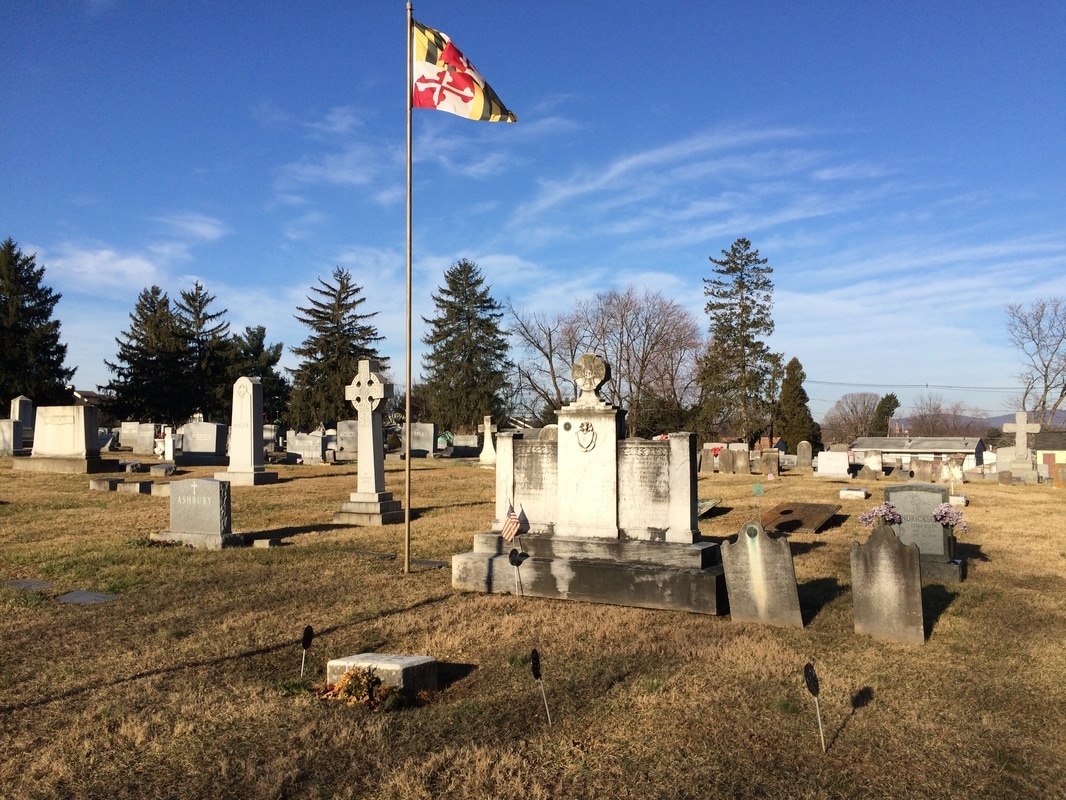
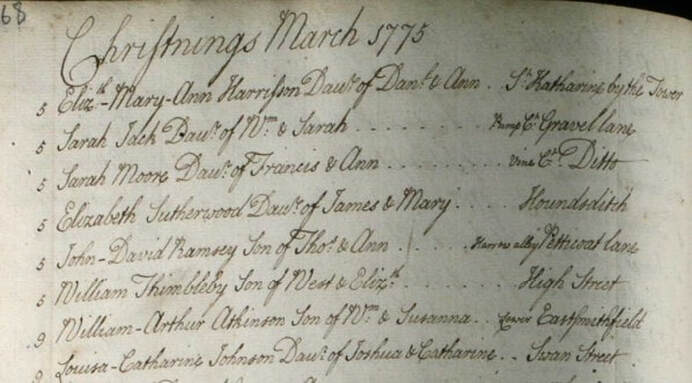
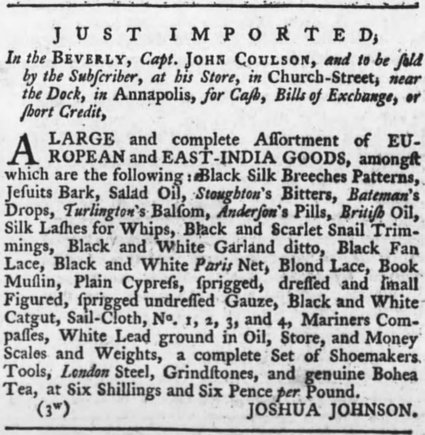
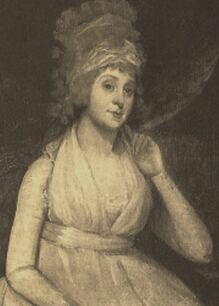
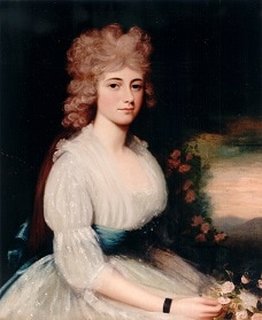
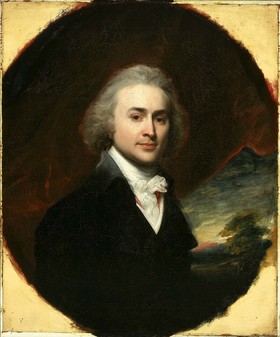
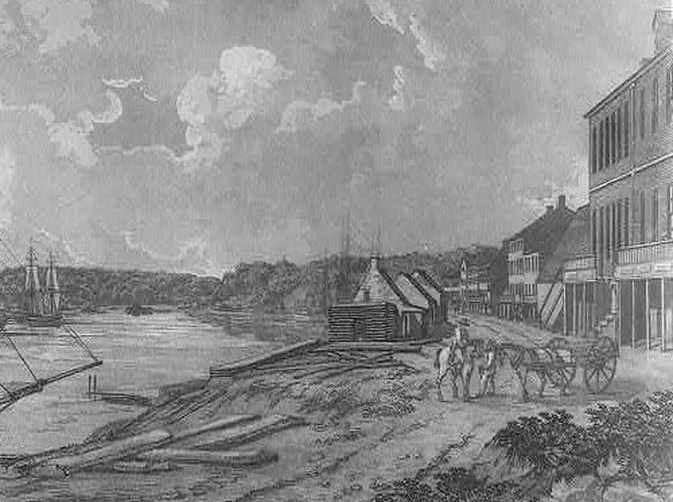
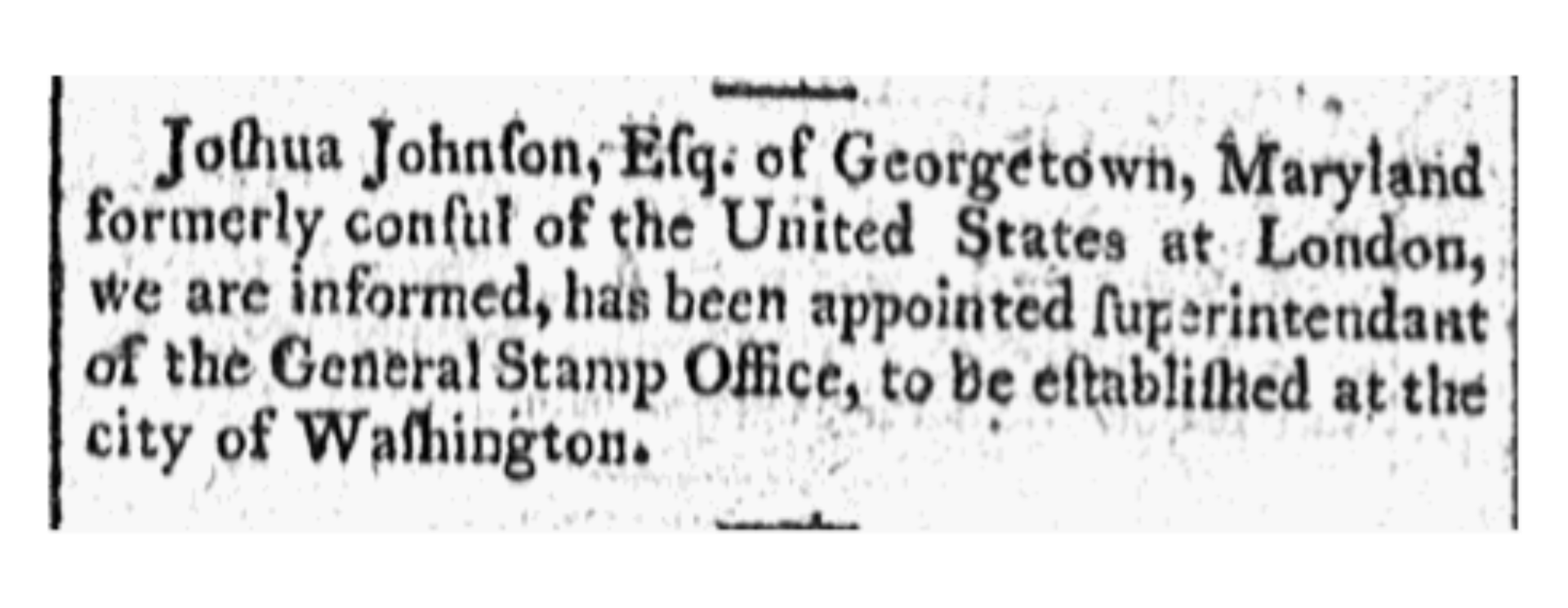
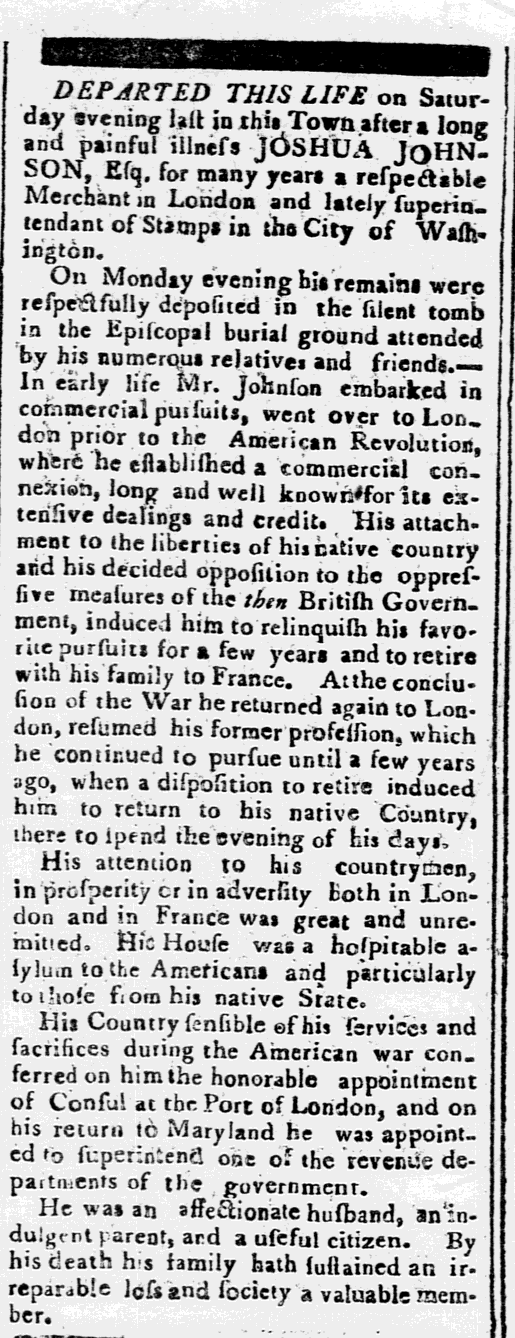
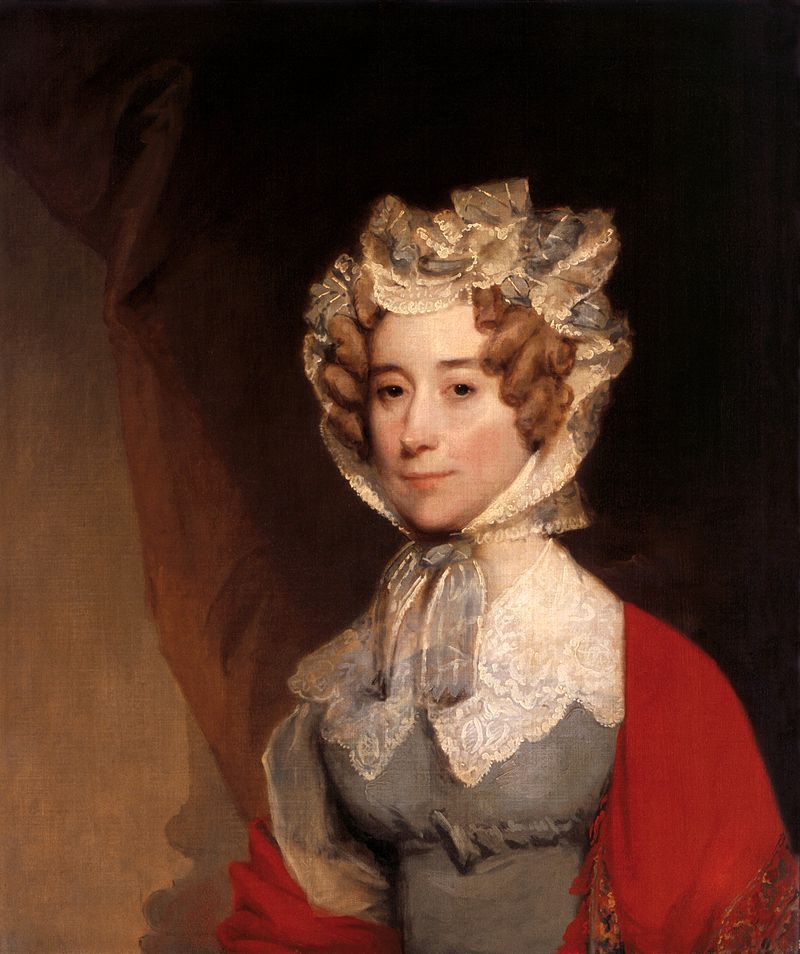
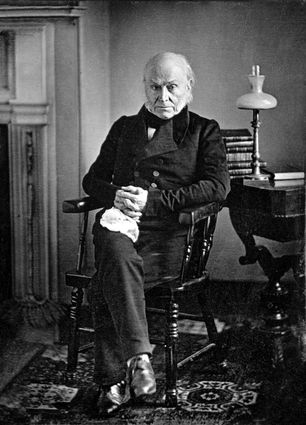
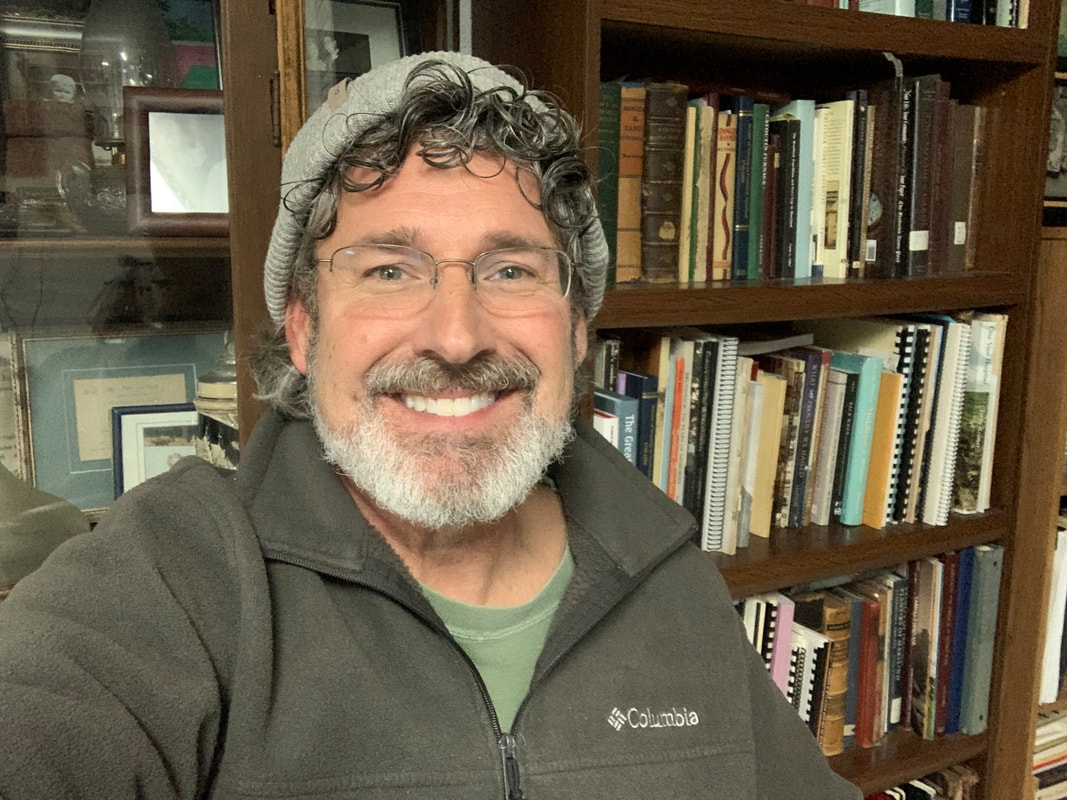
 RSS Feed
RSS Feed